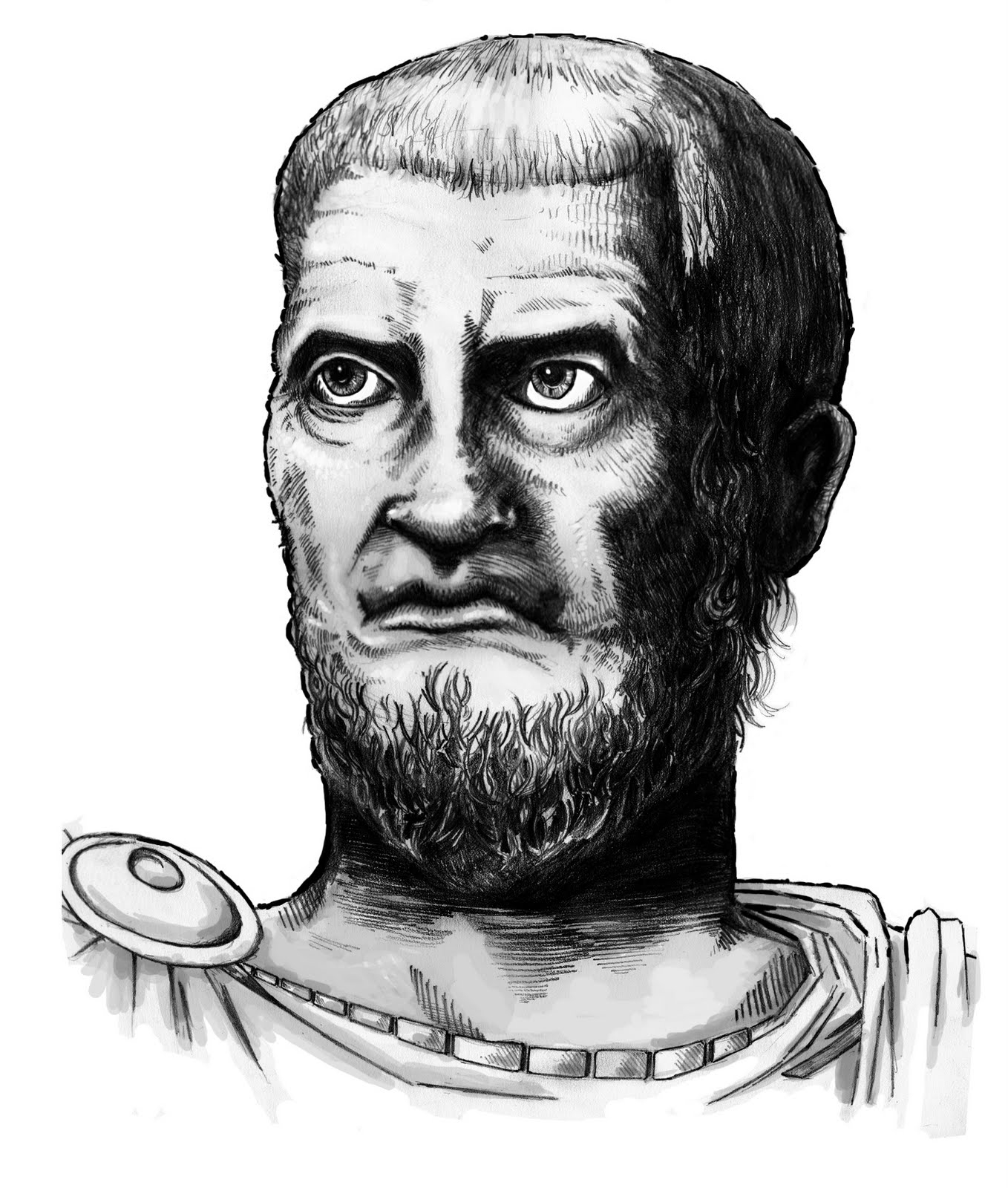

Publius Cornelius Tacitus was born AD56/57, in one of the Roman provinces, possibly Gallia Narbonensis, to an equestrian family. Like the Agricola, the Germania provides information, mostly derived at second-hand by Tacitus, concerning the largely obscure northern Empire, whose history and geography at that time we would love to know more about information which has subsequently led to both sensible and not so sensible extrapolation and speculation from the limited amount he has to tell us. The result is a seemingly well-balanced view of a region which caused Rome much trouble and effort to bring under stable control. Tacitus is generally favourable towards the legal, moral and religious codes of the people he is describing, but is equally ready to decry what he sees as their vices and failings. The Germania, written about the same time as the Agricola, is a description of the lands, manners and customs of the German people and the individual Germanic tribes, as they were understood by the Roman Empire. The emphasis is on the life of a virtuous soldier and official navigating through the difficult ocean of power politics, rather than on pure history and the details of provincial rule, but the Agricola is nevertheless a valuable contribution to our understanding of the period. Essentially a eulogy of a strikingly honest and capable Roman official, the work allows Tacitus to indulge in a quiet critique of Imperial Rome’s control of the Empire under Domitian, with digressions regarding the geography and ethnography of Northern Britain. AD98, is a biography of his father-in-law, Gnaeus Julius Agricola, covering the noted general’s early life and his Governorship of Britain. With selected illustrations by various artists.

New, Complete English Translations of Tacitus' Agricola and Germania


 0 kommentar(er)
0 kommentar(er)
